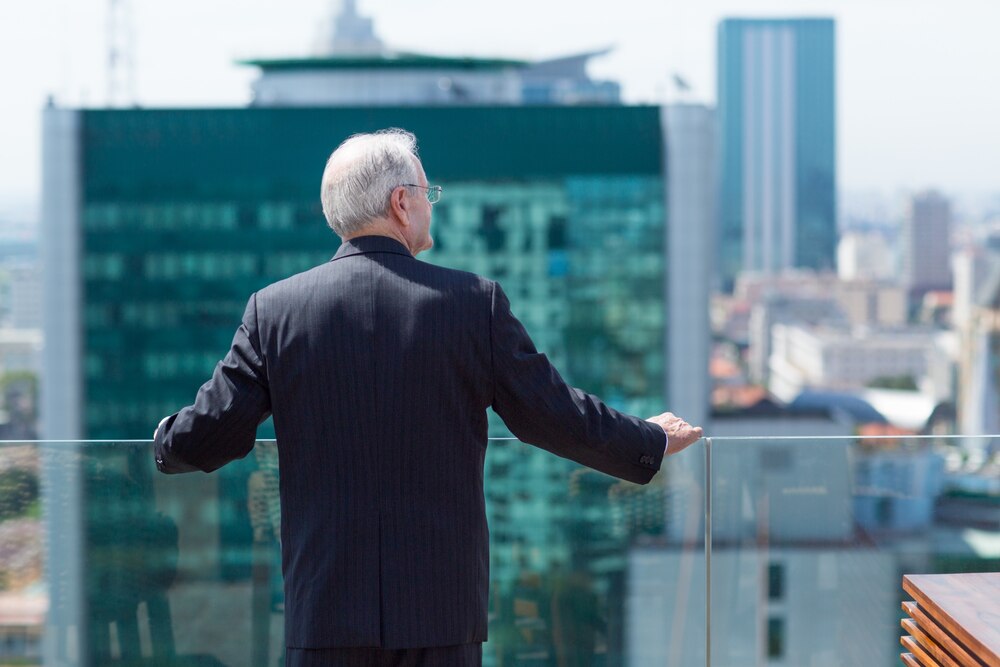Urban communities are often vibrant tapestries of diversity, where individuals from different cultures, backgrounds, and perspectives come together to form dynamic societies. Cultivating leadership within these multi-cultural urban environments requires a nuanced understanding of diversity, inclusion, and the unique challenges and opportunities presented by cultural plurality. Read More
Effective leadership in multi-cultural urban communities begins with cultural competence – the ability to understand, respect, and navigate cultural differences sensitively and effectively. Cultivate a deep appreciation for the rich tapestry of cultures within your community, seeking to understand the traditions, values, and customs that shape individuals’ identities and experiences. Actively engage with community members from diverse backgrounds, listen to their perspectives, and learn from their lived experiences. By embracing cultural competence, leaders can build trust, foster empathy, and create inclusive spaces where all voices are valued and heard. Promoting cross-cultural understanding is essential for fostering cohesion and collaboration within multi-cultural urban communities. Facilitate opportunities for intercultural exchange, dialogue, and collaboration, where individuals from different cultural backgrounds can come together to share their stories, perspectives, and experiences. Organize cultural festivals, workshops, and community events that celebrate diversity and promote mutual respect and appreciation. By fostering cross-cultural understanding, leaders can break down barriers, build bridges, and create a sense of unity and belonging within the community. Empowering diverse leadership voices is crucial for ensuring that the needs and aspirations of all community members are represented and addressed. Create pathways for leadership development and civic engagement that are accessible and inclusive to individuals from all cultural backgrounds. Mentor emerging leaders from underrepresented communities, providing them with the support, resources, and opportunities they need to grow and succeed. Cultivate a leadership pipeline that reflects the diversity of the community, empowering individuals to advocate for positive change and drive community-led initiatives. Inclusive decision-making processes are essential for ensuring that diverse perspectives are considered and valued in shaping the future of multi-cultural urban communities. Create opportunities for community members from diverse backgrounds to participate in decision-making processes, whether through advisory boards, community forums, or participatory planning initiatives. Prioritize transparency, accountability, and accessibility in decision-making, ensuring that all voices have an equal opportunity to contribute and influence outcomes. By fostering inclusive decision-making processes, leaders can harness the collective wisdom and expertise of the community to address complex challenges and drive meaningful change. Championing social justice and equity is at the heart of effective leadership in multi-cultural urban communities. Advocate for policies and initiatives that promote equity, fairness, and justice for all residents, particularly those from marginalized and underrepresented communities. Address systemic barriers to opportunity and advancement, such as discrimination, poverty, and lack of access to resources and services. Collaborate with community partners and stakeholders to implement solutions that address root causes of inequity and promote social cohesion and solidarity. By championing social justice and equity, leaders can create more just, inclusive, and resilient communities where everyone can thrive. Conclusion: Building Inclusive and Empowered Communities In conclusion, cultivating leadership in multi-cultural urban communities requires a commitment to cultural competence, cross-cultural understanding, diverse representation, inclusive decision-making, and social justice and equity. By embracing these strategies, leaders can foster inclusive and empowered communities where diversity is celebrated, voices are heard, and all residents have the opportunity to contribute and thrive. As cities continue to evolve and diversify, empowered leaders will play a critical role in shaping the future of multi-cultural urban communities, creating spaces that are inclusive, equitable, and vibrant for generations to come.
Cultivating Leadership in Multi-Cultural Urban Communities

Urban communities are often vibrant tapestries of diversity, where individuals from different cultures, backgrounds, and perspectives come together to form dynamic societies. Cultivating leadership within these multi-cultural urban environments requires a nuanced understanding of diversity, inclusion, and the unique challenges and opportunities presented by cultural plurality. Read More




